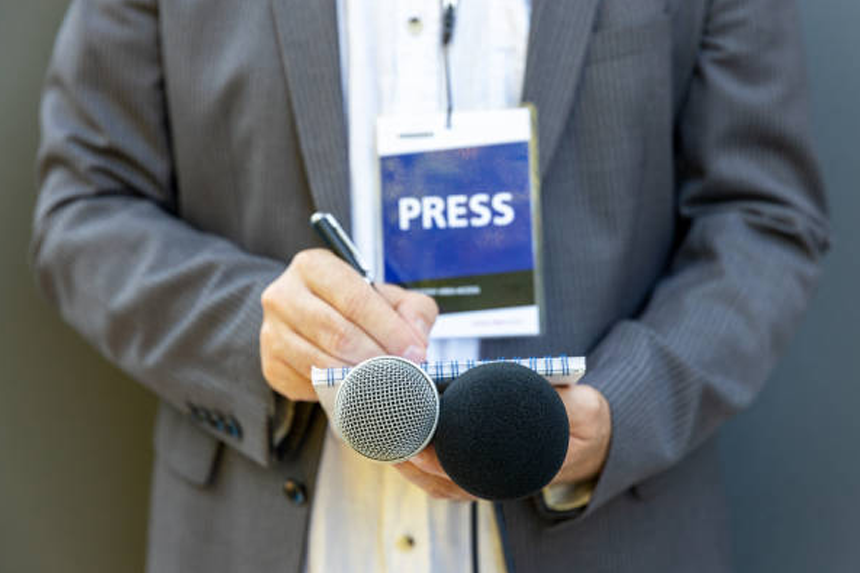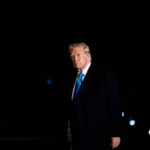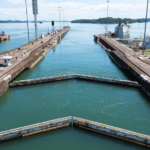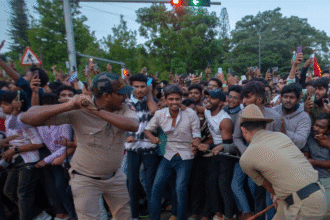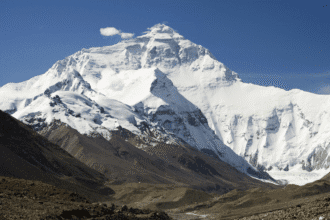Press groups have denounced as yet another attack on Cambodia press freedom as a British environmental and investigative journalist has been prevented from visiting the nation. The country’s authoritarian government After returning from a vacation, the journalist with Mongabay news site was turned away from Cambodia on January 5. Apparently, he was pushed onto a plane and brought to Thailand.
Immigration records showing Flynn’s addition to a blacklist on November 25, just a few days before his appearance in a France24 documentary on carbon offsetting initiatives in Cambodia, were presented to him Overlooking editorial supervision, the video set off an enraged reaction from the Cambodian government accusing the initiative of disseminating misleading material.
From human rights organizations, what has the reply been?
Human Rights Watch noted the ban of the journalist as a “blatant attack on journalism” and as evidence of the “intolerance of critical and investigative journalism” of the Cambodian government. Declaring that the development constituted “another nail in the coffin of the free press in Cambodia,” where local and foreign reporters have been seriously harassed in recent years, the Foreign Correspondents’ Club of Thailand also denounced the development. The government’s crackdown has caused many news sources to be put out of business.
The FCCT also cited the shooting death of Chhoeung Chheng, a Kampuchea Aphiwat news website reporter investigating the illicit wood trade in Siem Reap province. Media organizations were incensed by the occurrence, even though a government official insisted it was being treated seriously and arrested a suspect.
Why Does Press Freedom Face Threat in Cambodia?
With Cambodia ranked close to the bottom of worldwide press freedom rankings, press freedom in the nation keeps declining. Before he gave his son Hun Manet control in 2023, the despot Hun Sen dominated Cambodia for almost forty years. Press freedom has been steadily declining in the nation in recent years; most independent media sources either have been silenced or closed down. Further underlining official media control, the Voice of Democracy was closed in February 2023, Cambodia Daily closed in 2017, and the Phnom Penh Post sold to a PR company.
“The government’s intolerance towards anything they deem critical has made it very risky for all journalists in Cambodia to continue operating,” the journalist added, stressing the growing risks reporters covering the nation run.
In what way has the situation affected Cambodian reporters?
The journalist, who has spent five years working in Cambodia, claims that over time the media scene in the nation has drastically changed. “We have seen more lawsuits, arrests, harassment—both online and bodily. We have even had reporters murdered,” he said. Very few full-time reporters still work in Cambodia, the journalist noted, since most media sources have either been compelled to close or run with meager resources.
The only independent reporters still in Cambodia are “relatively small” sources lacking the means to conduct thorough investigation. Consequently, the area available for independent journalism has becoming ever more limited.
Why Was the Journalist Banned
Notwithstanding a Valid Visa?
Strangely enough, the journalist was allegedly informed that his ban resulted from a mistake he made on a document he sent in for his application for a visa extension. His visa, meanwhile, had been accepted and valid until February 15, 2025. Immigration officials have not responded to inquiries about his alternatives for an appeal, either directly or via the British embassy in Phnom Penh.
According to Flynn, the circumstances mirror the government’s rising antagonism toward independent reporters, especially those covering delicate subjects like environmental concerns.
What Views Regarding the Situation Do Human Rights and Press Groups Share?
The blacklisting of the journalist been denounced by both the Committee to Protect Journalists and the International Federation for Human Rights. Senior Southeast Asia representative for CPJ Shawn Crispin said: “If Cambodia really wants to safeguard its forests, the nation needs more, not less, watchdog reporters like Flynn. As quickly as Cambodia’s woods are collapsing, environmental reporters are being knocked down by its press-targeting predators.
Many people wonder about the future of press freedom in Cambodia as the government there has not answered calls for comments on the matter.
With journalists constantly under danger of harassment, detention, and even death, Cambodia’s press freedom has an increasingly doubtful future as the media crackdown lasts. The journalist’s ban emphasizes the growing difficulties reporters trying to cover divisive subjects in the nation encounter.


